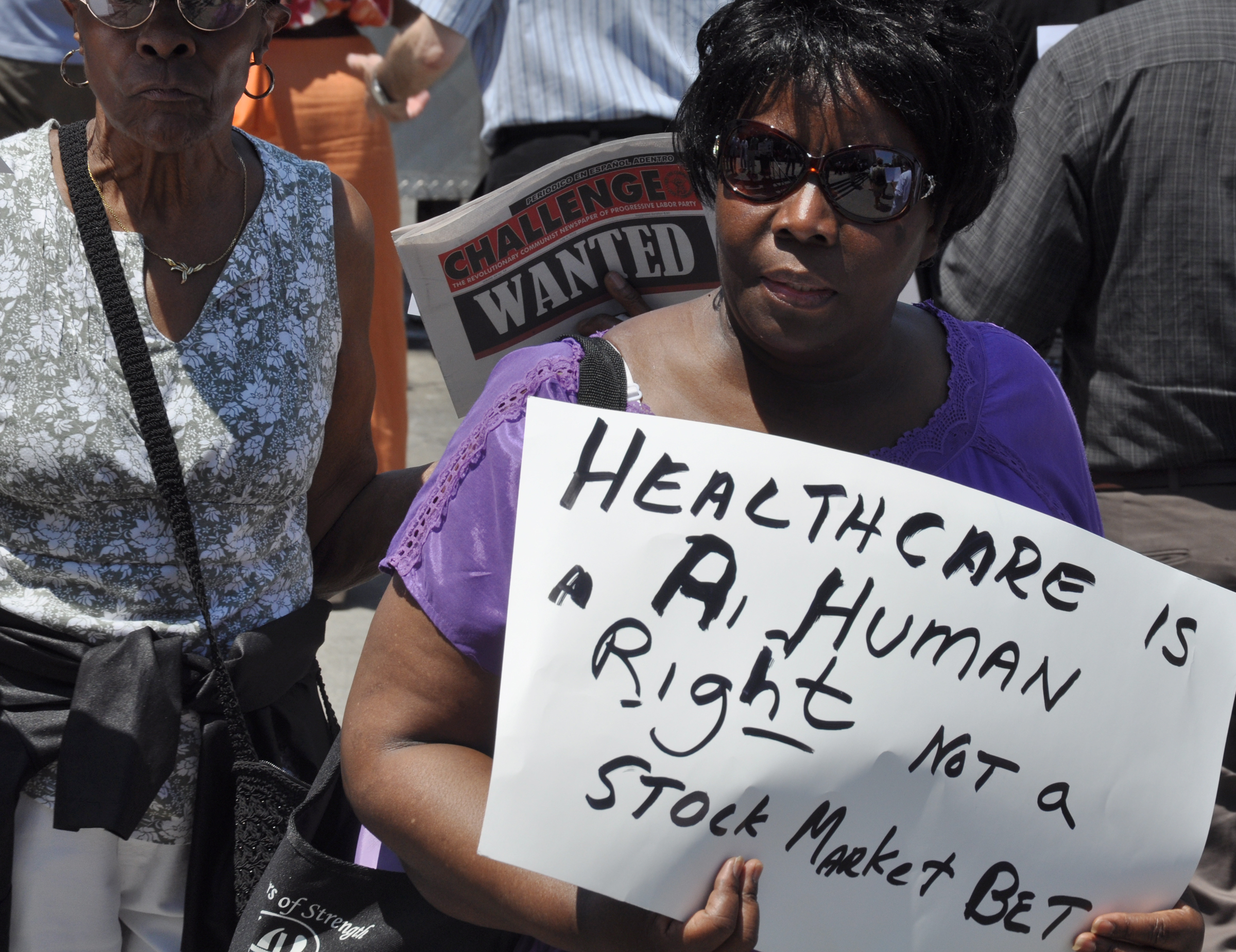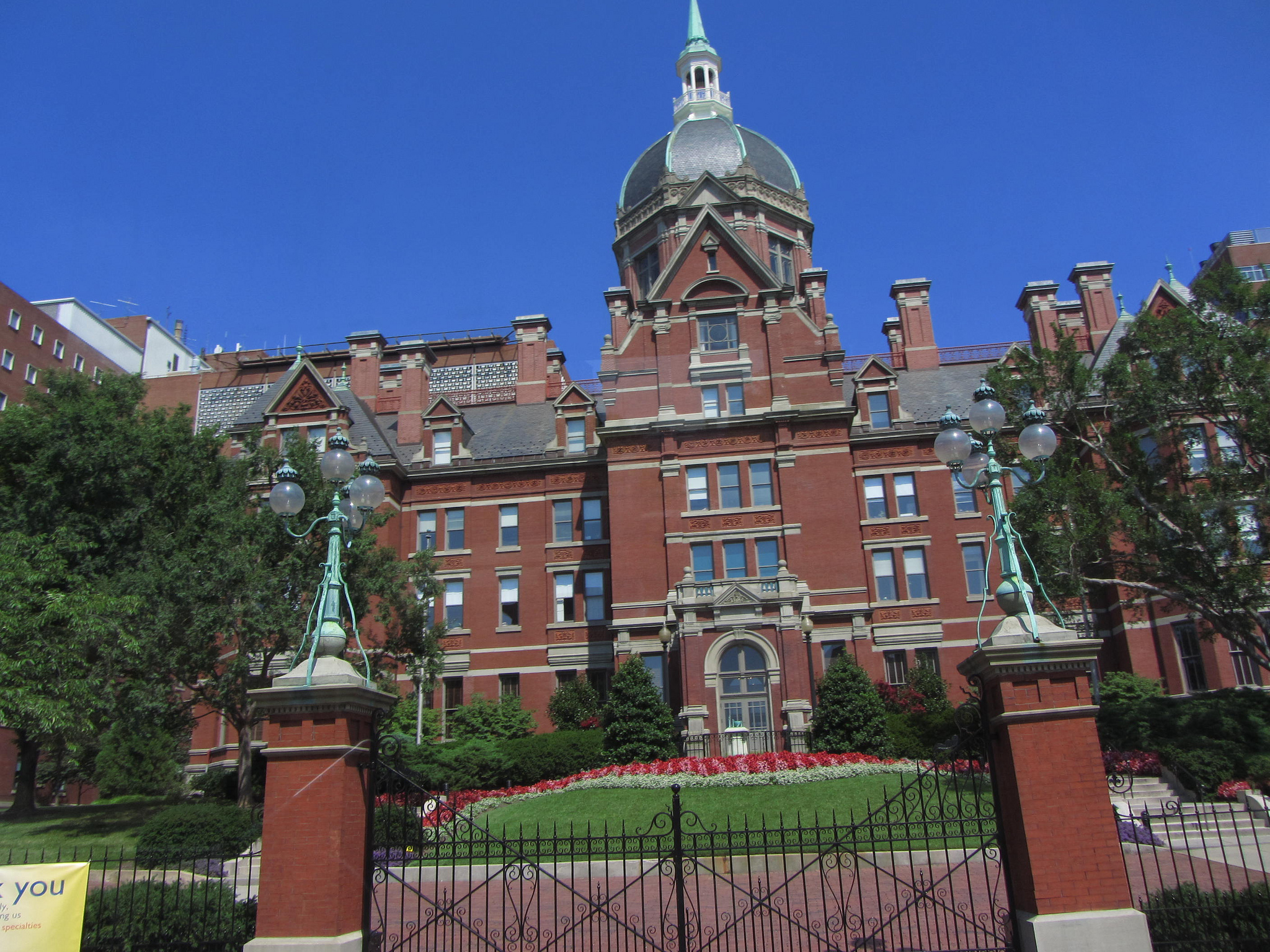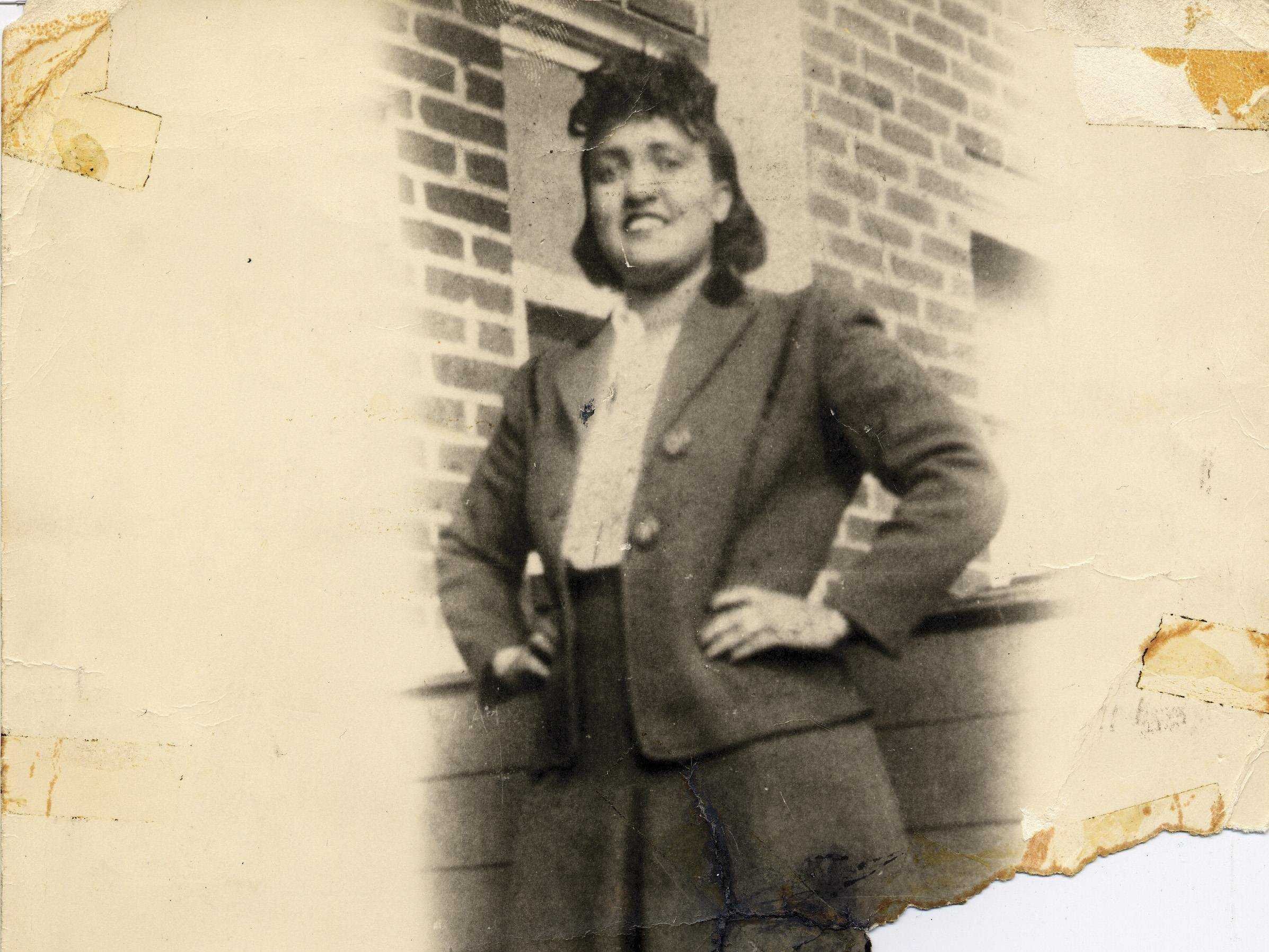Picture this. Finding out your genetic material (cells) is responsible for medical advances such as the polio vaccine, treatment for cancer patients, gene mapping, stem cell research, and countless other scientific discoveries. Now imagine having these cells named after you, but nobody knows who you are. Imagine your family not even being able to afford the different medical advancements and/or treatments your genetic material made possible.
Can you imagine having your genetic material misused by a university that is now seen as one of the most prestigious medical colleges in the world? If not, the story of Henrietta Lacks, along with countless other marginalized patients, lends an excellent opportunity to open a dialogue about unethical medical research.
Mrs. Lacks’ story is the most recent example of the potholes surrounding informed consent and the unethical treatment of marginalized people by powerful institutions. It was magisterially documented in a history of medicine bestseller, Rebecca Skloot’s The Immortal Life of Henrietta Lacks published in 2011.
Today’s healthcare debates lead people to believe that healthcare is a resource most Americans have always had equal access to. For decades, many marginalized groups have known this not to be the case. Henrietta Lacks’ story is a getaway to the disparities that have existed for decades when seeking medical treatment.

Photo Credit: MICHAEL FLESHMAN FLICKR
Mrs. Lacks was a poor black woman who grew up in the Jim Crow South. Though the mantra for this time was “separate, but equal” the reality was white people had better access than African American people to better resources: job opportunities and medical treatment.
As a poor African American woman, Mrs. Lacks’ inability to access healthcare left her vulnerable to the care of doctors at Johns Hopkins “colored ward” in the 1950s. Even though Mrs. Lacks had been diagnosed with cervical cancer during the Jim Crow era, hospitals were allowed to deny treatment to African American patients. This meant patients like Henrietta were often taken advantage of by hospital personnel.
Mrs. Lacks’ cells were taken and tested by a doctor working at Johns Hopkins without her being told the customary way medical waste (a tumor) is tested. During this point in history, scientists were still trying to grow cultures of human cells, but they would only survive a few days.
Scientists discovered during the biopsy of Mrs. Lacks’ tumor, that her cells were special because they multiplied every twenty-four hours. The cells were named HeLa, taking the first two letters from Mrs. Lacks’ first and last name.
Upon discovery of the cells “immortality” they were commercialized and sold. While Mrs. Lacks did give consent for treatment relating to her cancer to the hospital, she was not aware that she inadvertently gave permission to be biopsied. Once this exchange of property is made, the hospital has every right to use this waste as they see fit. The doctor did not provide the appropriate amount of detailed information in order for Mrs. Lacks to give full informed consent.
Related article: ADDING HUMANITY INTO MEDICINE by Alessia Minicozzi
The Lacks family were also victims of unethical medical behavior. Following Mrs. Lacks’ death, her family was intentionally misinformed about their roles in medical research. The family thought they were receiving medical care, but they were actually having tests run on them for research purposes relating to their mother’s cells. Given the way Mrs. Lacks’ cells were taken, this was yet another way the medical institution manipulated the Lacks family.
The choice to willfully misinform the Lacks family about what the researchers were actually doing makes the story even more ominous, but poses an unique question. If Mrs. Lacks or her family had given their consent to Johns Hopkins before they tested their cells, would compensation for the family still be an issue?

IN THIS PHOTO: JOHNS HOPKINS UNIVERSITY, BALTIMORE, MARYLAND PHOTO CREDIT: DAVID WILSON FLICKR
Another important point revealed by Mrs. Lacks’ story is how generational trauma is manifested. The Lacks family dealt with being taken advantage of by researchers, even after their mother’s death. The researchers knew they could continue to misguide the family because they lacked the resources to take care of their own medical ailments. So not only was the family trying to survive on limited resources, they were also fighting to reclaim their mother’s legacy.
The saddest part about Mrs. Lacks’ story is this: It is not a standalone. Marginalized groups have been taken advantage of by the medical community for years. Look no further than North Carolina’s sterilization program, the Tuskegee syphilis experiments, or the history of gynecology.
If Mrs. Lacks and countless others were willfully misinformed by the medical industry to make advancements, and it is well documented, then why are the families the only ones not financially benefiting from these advances?
To properly address this question, a complex answer is warranted, however, here are a few facts to consider when addressing this quandary. First, the norm in research is not to compensate those participating in research, even when the institution itself is acting unethically. Secondly, since the formation of the United States, the message has been clear: Black bodies are only worth what others get from them. The feelings and humanity of specific groups must be disregarded to justify their continual mistreatment. The last part involves informed consent. Researchers should familiarize themselves with different cultural norms to decrease the discrepancies in treatment different marginalized groups receive.
Related article: LESBIAN PARENTS ARE REFUSED MEDICAL CARE-THE STORY by Providenza Loera Rocco
While compensation may not be the norm in medical research, it will continue to be an issue until the medical field acknowledges that cultural differences and implicit biases do factor into the way different patients are treated. The current healthcare debate is a powerful reminder to medical researchers and marginalized groups alike that education is extremely important to combat institutional wrongs.










